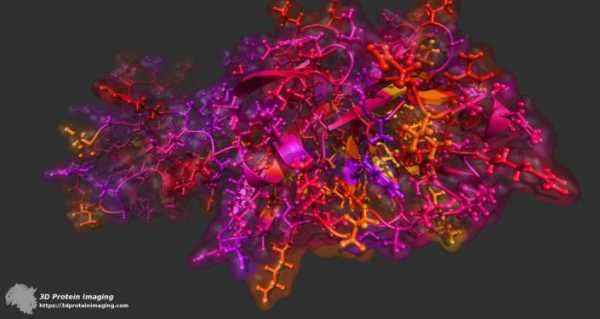
Since being announced by the World Health Organization in March, the coronavirus pandemic has infected tens of millions of people and contributed to over 1.6 million deaths worldwide. Last week, the existence of a new strain of the virus was reported in the UK, leading to stricter lockdown measures and travel restrictions from other nations.
The use of drugs which suppress the coronavirus and interfere with its reproduction, and the treatment of patients with plasma antibodies can cause its accelerated mutation and the emergence of new strains, Dr Ancha Baranova, a professor of molecular biology and microbiology at George Mason University, has told Sputnik.
The long-term presence of SARS-CoV-2 occurs when the host subject suffers from immunosuppression, ie an indication that the defence mechanisms making up a person’s immune system, such as white blood cells, the spleen or lymph nodes, are not working properly.
Dr Baranova recalled that in medical practice, people with HIV or those undergoing organ transplants are given immunosuppressive therapy in the form of medication. “The use of such therapy is correct, but also creates the conditions for a virus to sit in a person’s organism for longer. The patient suffers less from the illness, but it takes more time for the body to clear itself of the virus,” she indicated.
According to the academic, the treatments which have been used to treat SARS-CoV-2 have likely helped the contagion to evolve faster.
Dr Baranova also says that the use of broad-spectrum antiviral medications such as Remdesivir and its various analogues contributes to the creation of ‘damaged’ or mutated variants of the virus.
In this way, the professor specified, using preparations to treat the virus can facilitate the emergence of new, mutated viruses faster than they would be generated in nature.
Dr Baranova is a leading researcher in functional genomics of complex human diseases, and has dozens of published papers in peer-reviewed scientific journals including Genomics, Hepatology, Clinical Cancer Research, Bioinformatics, and others. Educated at Moscow State University, the academic has had her work cited more than 9,500 times by other scholars.
Sourse: sputniknews.com






